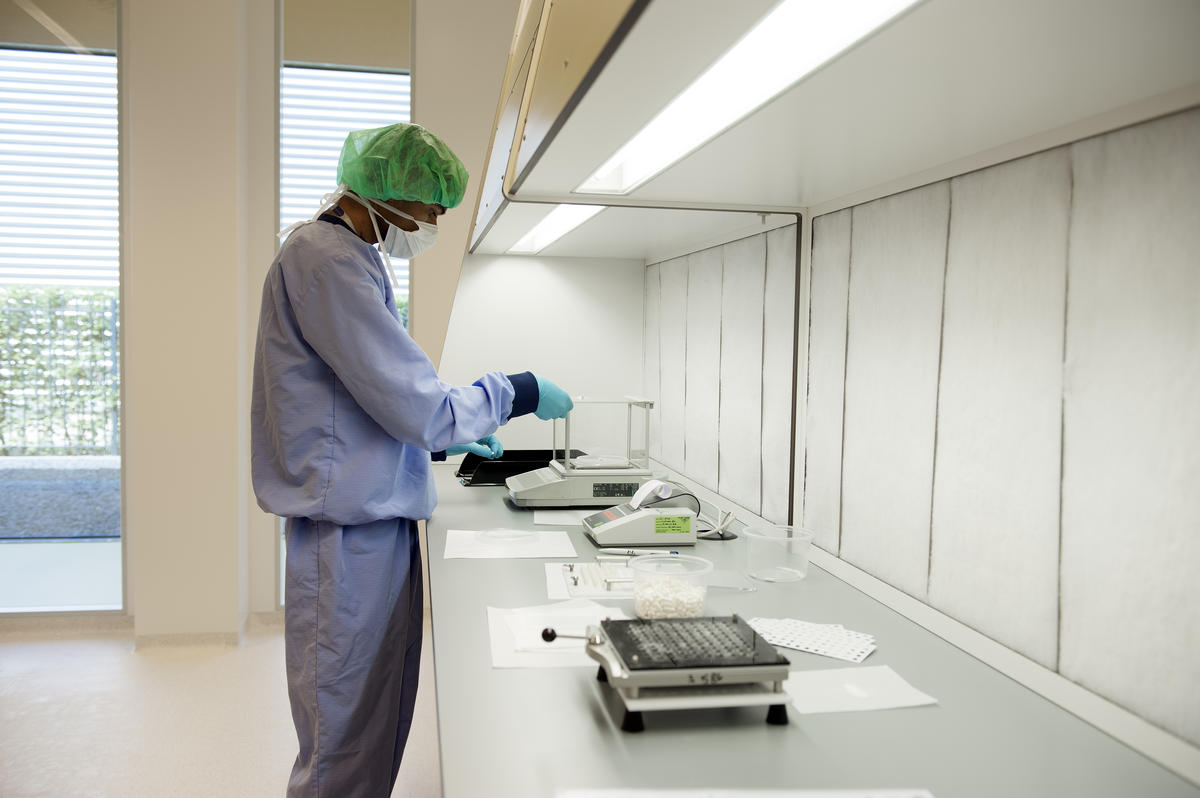The 44 European Statements of Hospital Pharmacy cover the full range of services provided from hospital pharmacies across Europe. However, not all hospital pharmacies provide all the services covered by the Statements. This does mean that some Statements have greater importance than others for some hospital pharmacies.
The same is true for Stakeholders, some Statements will appear to have greater relevance than others. Stakeholders are encouraged to examine all the Statements for relevance to them. However, what is provided below are links to either sections of the Statements or the individual Statements where there is believed to be greater relevance. The choices have been driven through comments received from the various Stakeholders.
Within the profession there are pharmacists with a variety of roles. Supporting Hospital Pharmacists are a range of other players, all crucial to delivering a quality hospital pharmacy service.

Pharmacists working in the following settings:
Community – by far the largest grouping within the pharmacy profession. While many of the Statements will be of relevance to practice in the community setting there are some individual Statements community pharmacists should be aware of. These include access to the health record and transfer of care.
In many of the Statements, particularly section 4, and section 5, dealing with patient safety and quality assurance the term ‘hospital pharmacist could be replaced with community pharmacist. Likewise, in terms of postgraduate education and CPD the principle applies equally to community practice with some variation in the competencies required to account for the clinical problems faced.
For those community pharmacies that supply medicines to hospitals without a hospital pharmacy, they need to be aware of the implications of all the Statements and check what regulatory or quality accreditation may be needed or specified by insurers.
Hospital – pharmacists working in this sector need to be aware of all the Statements and their relationship to whatever practice standards exist within their own country. The variation is size and type of hospital will dictate those Statements that should apply.
Education – pharmacists working in this sector should be guided by the stakeholder section covering education providers. They should look to promote exposure to hospital pharmacy practice in their undergraduate curriculum and be aware of the move towards more clinical involvement if providing postgraduate education.
Industry – pharmacists working in this sector should be guided by the stakeholder section covering Pharmaceutical Industry. They should look to encourage the involvement of pharmacists in clinical trials where that is within their remit and note the requirement for all investigational medicines to be the responsibility of the hospital pharmacist.
Administrative / Regulatory – being a pharmacist opens a range of opportunities, including working within Government, Health Insurance, Commissioning Healthcare, Regulatory, Quality Accreditation, Pharmacy Chambers / Professional Bodies and other organisations. Such pharmacists should be aware of the Statements and development, as the 44 Statements represent what patients have indicated they need from a pharmacy service.
Student Pharmacists
Student pharmacists are the future of the profession, the 44 Statements provide the future for hospital pharmacy.
Where student pharmacists are considering a career in hospital pharmacy, all statements are relevant but section 6, dealing with education and research is the place to start.
Supporting Hospital Pharmacists in the Hospital Pharmacy
Pharmacy Technicians – while the training of pharmacy technicians is not harmonised in the EU many countries have established courses for this important group of staff. All the Statements are relevant but pharmacy technicians should be aware of those that most apply in whatever section of the hospital pharmacy they work.
For those looking to harmonise the baseline training the Statement covering training in hospital pharmacy and the eahp website for the ‘Common Training Framework’ for a potential approach using the recently update EU Professional Qualifications Directive [link to EU directive].
Scientists – in addition to hospital pharmacists, who are also scientists by education, there can be a variety of other scientists working in a hospital pharmacy. This is particularly the case for those hospital pharmacies with production or compounding services where specialists may be required in quality control and quality assurance. The Statements most likely to be relevant include all of section 3, dealing with production and compounding.
Logistics – with ward based automation, the hospital pharmacy provides greater support to nursing staff, ensuring the availability of the medicines. Those involved in supporting hospital pharmacists and pharmacy technicians distribute medicines should be aware of section 2, dealing with selection, procurement and distribution of medicines and section 5, dealing with patient safety and quality assurance.
Administrative – there are other roles within the hospital pharmacy that help deliver a quality service. Awareness of the 44 Statements is important but the key is understanding the overarching goal is to optimise patient outcome.





